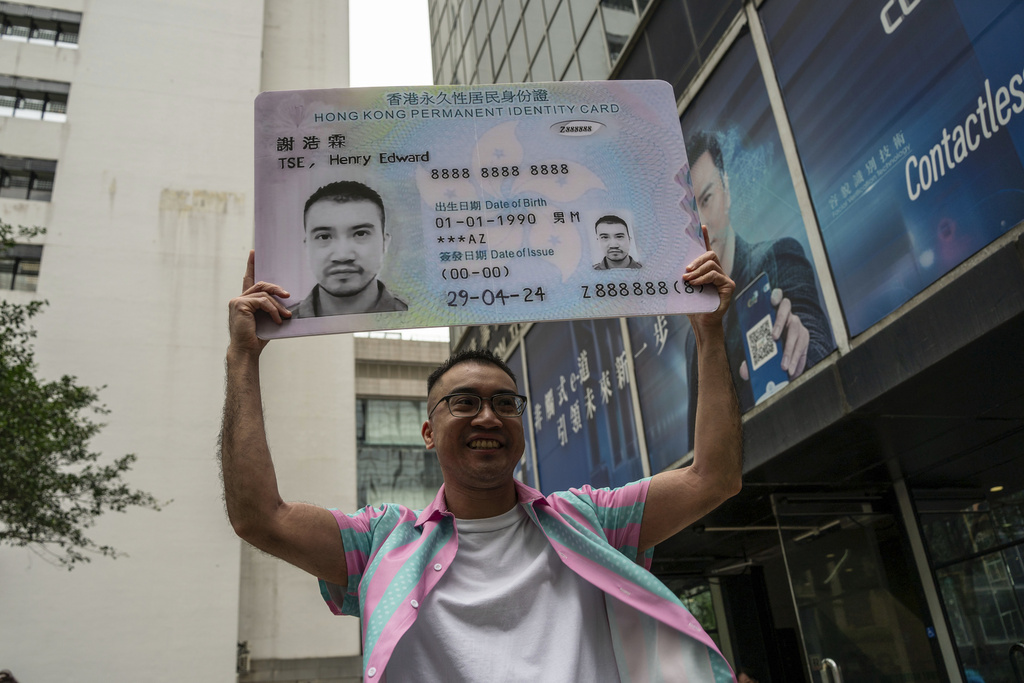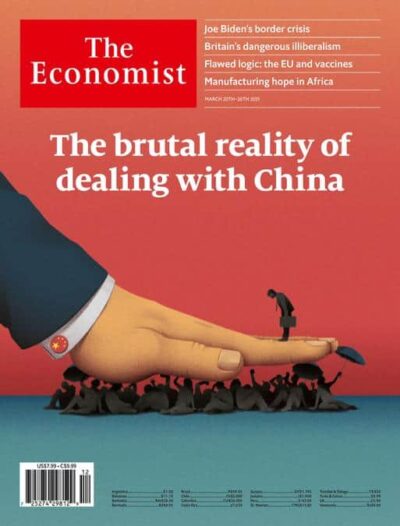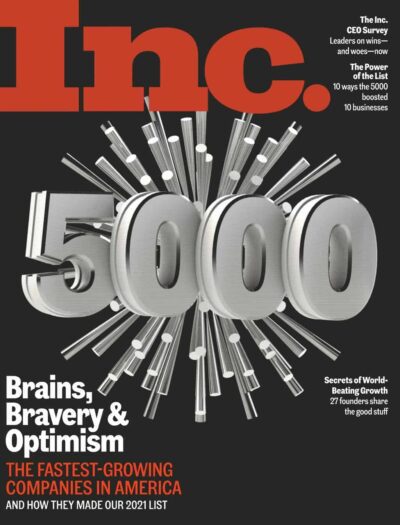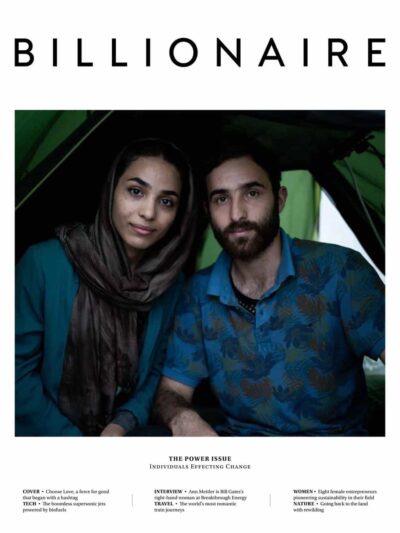

Hong Kong Transgender Activist Henry Tse Receives New ID Card After Yearslong Battle
HONG KONG — A Hong Kong transgender activist on Monday received a new ID card reflecting his gender change, after a yearslong legal battle to change the document, and he vowed to continue working for equality for the LGBTQ+ community.
[time-brightcove not-tgx=”true”]
Henry Tse won his appeal over the government’s refusal to change the gender on his ID card in February 2023. Previously, Tse was not able to make the change because he did not undergo full gender-affirmation surgery.
Read More: He Won a Landmark Trans Rights Case in Hong Kong—But His Work Is Just Beginning
Last year, the city’s top court said the government’s policy was unconstitutional in a landmark ruling, arguing it imposed an unacceptably harsh burden. The judgment prompted an easing of rules earlier this month.
Tse’s victory is seen as an important step forward for the city’s LGBTQ+ community, many of whose transgender members consider the operation unnecessary and risky.
After obtaining his new ID card, Tse told reporters that life has not been easy since he lodged a judicial review in 2017. In addition to the legal challenges, he has also faced obstacles from the government and attacks from others.
“What is normal for many people has finally become normal for us,” Tse said.
Public sentiment in Hong Kong has become increasingly welcoming to the LGBTQ+ community, but many still face challenges in daily life.
Tse said bank staff told him he did not match his ID card and asked him to resubmit documents. He also could not change the gender on his travel permit to mainland China, which caused him a delay when crossing the border. Immigration officials searched their computer for 15 minutes, he said, before finally letting him enter.
In April, the Hong Kong government revised its policy to allow people who have not completed full gender-affirmation surgery to change their genders on ID cards as long as they fulfill certain conditions. The conditions include the removal of breasts for transgender men, the removal of the penis and testes for transgender women, and having undergone continuous hormonal treatment for at least two years before applying.
Applicants also have to continue their hormonal treatment and submit blood test reports for random checks upon the government’s request.
Tse, after receiving his new ID card, said he would start changing his other documents, including his passport and bank details. The activist, who was previously active in sports, said he might sign up for a gym membership too.
“It’s a return to normal life,” he said.
Get the latest work and career updates delivered straight to your inbox by subscribing to our magazine category today. Stay informed and ahead of the game with Subscrb.
The content on this website has been curated from various sources and is for informational purposes only. We do not claim ownership of any of the content posted here, all rights belong to their respective authors. While we make every effort to ensure that the information is accurate and up-to-date, we cannot guarantee its completeness or accuracy. Any opinions or views expressed on this website are solely those of the original authors and do not necessarily represent our own. We do not endorse or take responsibility for the content or actions of external websites or individuals linked from this website. Any reliance on the information provided on this website is done at your own risk. Please note that this article was originally seen on the source website TIME, by the author Kanis Leung / AP
-
SALE!




Forbes Asia Magazine Subscription
From: RM220 / year -
SALE!


Fortune Magazine Subscription
From: RM118 / year -
OUT OF STOCK




The Economist Magazine Subscription
From: RM1530 / year -


Inc. Magazine Magazine Subscription
From: RM22 / year -


Consumer Reports Magazine Subscription
From: RM22 / year -


Harvard Business Review Magazine Subscription
From: RM83 / month -


Entrepreneur’s Startups Magazine Subscription
From: RM4 / year -


BILLIONAIRE Magazine Subscription
From: RM131 / year



